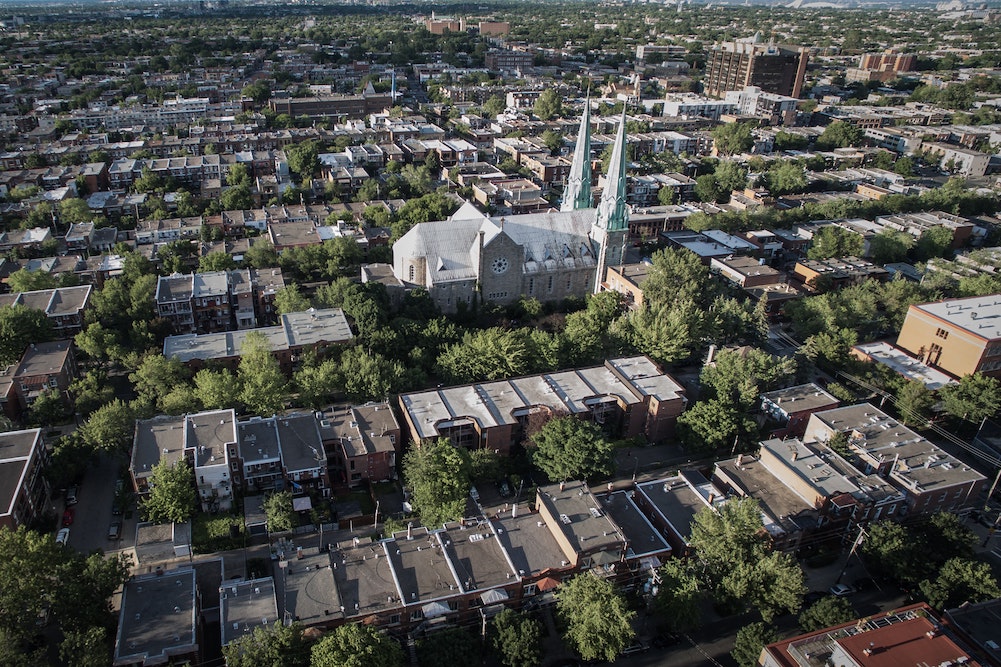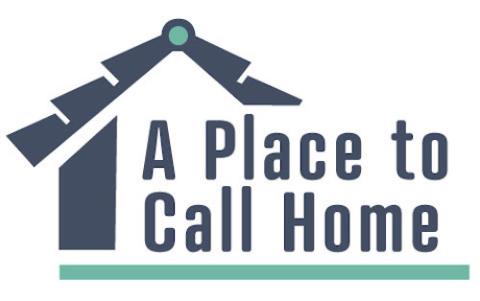
(Unsplash/J.P. Valery)
Some years ago, I was interviewing the young evangelical phenom and author Shane Claiborne in his home in the Kensington and Allegheny section of Philadelphia and couldn't help notice circus paraphernalia — a 6-foot unicycle and torches, pins and machetes for juggling — hanging on his living room wall. The stuff was more than decoration.
The circus school grad explained that the apparatus, especially juggling torches, came in handy when there were disturbances in the street in this dangerous section of the city. "We'll just start juggling fire at the other end of the block or create a circus of distraction. … It's like 'Fight, fight, fight ... Whoa! There's fire and a circus!' "
Given the headlines of recent weeks, the stories on our website and in our print pages that you've spent so much time with, I think it is safe to say we've lived with a numbing number of disturbances outside our door. In civic life, who can make sense of this moment with a president on a revenge glut, willing to take a wrecking ball to democratic institutions? What, inside the Catholic community, do we do with a "Catholic" group cyber-pilfering worshipers' personal data while in church; with bishops required to go on the record to correct anonymous pope-spin; with the complexities and disappointment of synodality; with the gut punch of revelations about L'Arche founder Jean Vanier?
I'll stop.

(GSR graphic/Toni-Ann Ortiz)
Wish as I might, I don't have the equivalent of flaming torches, or the skill to juggle them. What's available, however, constitutes more than diversion. I'd like to call attention to two major endeavors — Global Sisters Report's A Place to Call Home and NCR's EarthBeat — as a countervailing weight to the turmoil at the other end of the street.
These efforts are not circus acts, but they could well serve as respite, as points of hope, to tug you away from what at times can feel like a swirl heading into a drainpipe. A Place to Call Home is a massive reporting undertaking that will detail the tragedy of homelessness globally and the sometimes astounding work being performed to combat it abroad and here in the United States. It is a result of a nearly year-long planning effort by GSR staff, led by GSR managing editor Pam Hackenmiller and international correspondent Chris Herlinger. EarthBeat, whose principal writer Brian Roewe has been covering environmental issues for a number of years, takes climate change seriously. With documents like "Laudato Si', on Care for Our Common Home" and Querida Amazonia as foundational Catholic platforms for this era, we can get beneath the weight of growing frustration and find the reasons for acting against great odds.
There is only so much I can tell you in this space, and the telling is fairly straightforward and easy. The work in these two efforts is simply the best and most consistent explanatory reporting and analysis you'll find in any Catholic publication anywhere. GSR editor Gail DeGeorge and EarthBeat editor Bill Mitchell both come to NCR from long, proven, and high-level careers in the cauldron of general journalism.
I make the unusual case here because all of us are tugged at constantly by the shiny object of the latest conflict. Conflict is available today in overwhelming abundance and at the easy click of whatever screened device we happen to be holding in a given moment.

(NCR graphic/Toni-Ann Ortiz)
The payoff — in terms of faith and the fate of the Earth — is only in long and deeply informed commitment, and that's what EarthBeat and A Place to Call Home are documenting. The efforts bookend the 21st century's most compelling stories of survival — the individual's need for the basics of food and shelter and security and the planet's need for healing and regeneration.
The news about Vanier, another gloomy portent from the Catholic universe, may actually hold an indication that at least one group has demonstrated a healthy approach to dealing with bad news.
I first highly recommend catching up with NCR columnist Jamie Manson's piece that details the threads of similarity that run through most stories of abuse in the church and the L'Arche revelations. Patriarchy is the major part of it.
I've had several phone conversations and email exchanges with Tina Bovermann, national leader/executive director of L'Arche USA about Vanier, whom she knew well, and the organization, which has 154 communities in 38 countries.
Bovermann was shocked at learning of "this other side of Jean," but she quickly added: "I just want to be very clear that we stand on the side of these woman who have been harmed. We want to validate these people who have been harmed." She returned later in the conversation to the courage of the women who came forward and repeated that her prime concern was for those who had been hurt.
She also spoke of the process L'Arche employed in dealing with the accusations, particularly in the wake of the #MeToo movement and the sex abuse crisis in the church. Given L'Arche's fundamental conviction about the worth of every individual and the current context in church and society, she said, the organization leadership "wanted to be as transparent and truthful as possible."
They were advised by lawyers and other experts because these cases are not simple. She described a meeting in 2016 during which Vanier acknowledged a single accusation that had been brought against him. He met with leadership in a location in Europe and "engaged" with the woman describing the relationship. Bovermann said he did not acknowledge the relationship as one of an imbalance of power or within a spiritual counseling situation. The woman did not wish to go public or to have further investigation, so the leadership group decided the situation remained the province of two adults who saw things differently. "I was confused," she said. "I had no inkling of what we know today."
Multiple allegations surfaced in 2019 as Vanier was on his deathbed. It was at that point that the leadership quickly decided that they had to shed light on what appeared to have been hidden and called on an outside firm to conduct an independent investigation.
She said that she felt within herself and her colleagues in 2019 "a really, really strong resolve to shed light" on what they were hearing.
Advertisement
I go out on a limb here, for the revelations are still fresh and the events of recent decades make skepticism reasonable. If six women finally came forward, are there more? Did the Vanier/Dominican Fr. Thomas Philippe method of deception permeate more of the organization?
In answer to another question about accountability and training within the loosely federated L'Arche communities, she replied in an email: "All communities in the U.S. are licensed service providers and as such comply with a whole set of regulations that are specific to their state or local licensure bodies. In addition, the communities comply with a set of policies through their membership agreement with L'Arche USA."
Skepticism in hand, I think L'Arche may be showing us a new way to go about these matters. Those who were hurt received a hearing — and were listened to. The fundamental instinct of leadership in this instance appears to have been to get at the truth, not to protect the reputation of the organization.
In simply telling the truth and dealing with it, the leadership and those who sustain the organization in its most vital work accompanying the intellectually disabled day to day, may be the most profound reflection of the organization's integrity.
[Tom Roberts is NCR executive editor. His email address is troberts@ncronline.org.]








